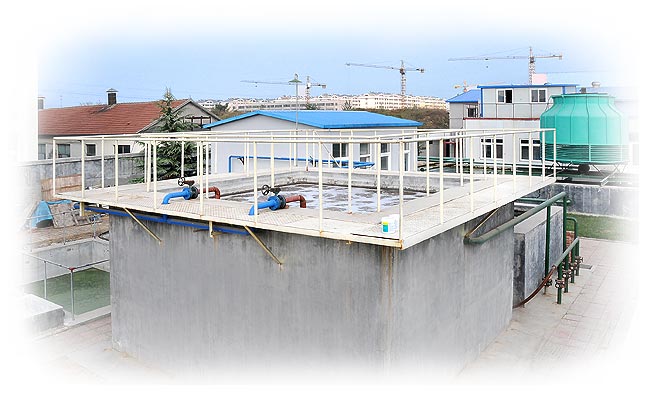Waste,Wastewater Treatment
 Wastewater treatment is an important public service. Wastewater treatment plants consume large amounts of energy each year and therefore have excellent conservation potential with more efficient treatment methods. The use of energy in wastewater treatment will definitely increase in the future due to growth in population, more stringent environmental regulations and high demand for the reuse of wastewater. There are many methods to treat wastewater. The most common processes of wastewater treatment involves screening and clarification to remove solids, aerobic, suspended growth, activated sludge, reduction of organic pollutants and chlorine disinfection to minimize pathogens. Although energy use in aerated lagoons and trickling filters and are more efficient than other processes, they present many drawbacks as well. Many wastewater treatment plants are shifting from chemical-based disinfection to microbiological disinfection to eliminate the dangers of storage and handling of toxic chemicals. Wastewater flow rates, concentration of solids and contaminants, type of treatment process, government standards and regulations of effluent discharge, disinfection methods and other factors vary greatly from place to place and plant to plant.
Wastewater treatment is an important public service. Wastewater treatment plants consume large amounts of energy each year and therefore have excellent conservation potential with more efficient treatment methods. The use of energy in wastewater treatment will definitely increase in the future due to growth in population, more stringent environmental regulations and high demand for the reuse of wastewater. There are many methods to treat wastewater. The most common processes of wastewater treatment involves screening and clarification to remove solids, aerobic, suspended growth, activated sludge, reduction of organic pollutants and chlorine disinfection to minimize pathogens. Although energy use in aerated lagoons and trickling filters and are more efficient than other processes, they present many drawbacks as well. Many wastewater treatment plants are shifting from chemical-based disinfection to microbiological disinfection to eliminate the dangers of storage and handling of toxic chemicals. Wastewater flow rates, concentration of solids and contaminants, type of treatment process, government standards and regulations of effluent discharge, disinfection methods and other factors vary greatly from place to place and plant to plant.
Integrating new processes to existing treatment facilities is difficult and can be very costly. Microbiological disinfection methods provide minimum plant design and equipment alterations and has proven to produce favorable results and is cost effective